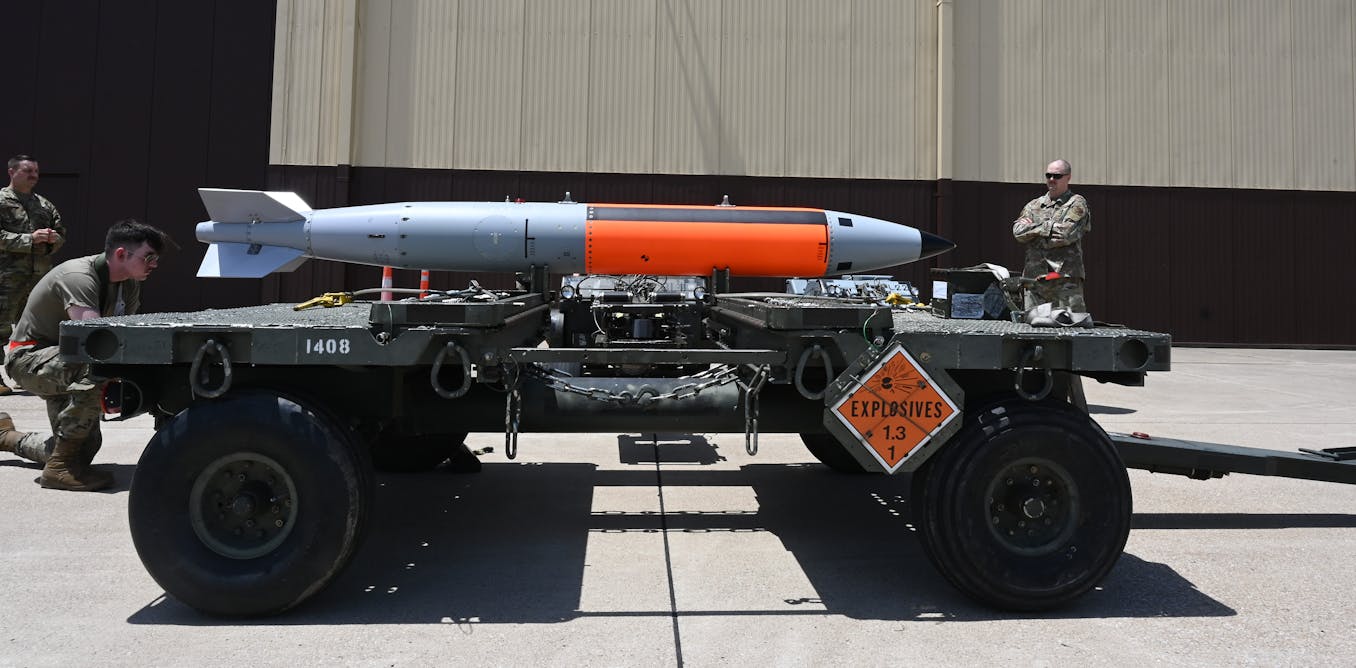Reducing air pollution could increase methane emissions from wetlands – here’s what needs to be done
Improved computer models shed light on how reducing sulphur emissions will inadvertently release methane from wetlands.
Feb. 6, 2025 • ~7 min
Fossil shark teeth are abundant and can date the past in a unique way
Sharks have ruled the Earth’s oceans for 400 million years. Recent research on fossil shark teeth has discovered an innovative method for dating ancient sediments.
Feb. 3, 2025 • ~6 min
Human use of fire has produced an era of uncontrolled burning: Welcome to the Pyrocene
Humans have become a geologic force by cooking the planet – using fire on a scale that is altering land, water, air and ecosystems.
Jan. 22, 2025 • ~10 min
How interactive ‘climate fresk’ workshops are trying to accelerate environmental awareness around the globe
How collaborative climate workshops can be a creative and accessible way to begin collective conversations about environmental solutions.
Jan. 16, 2025 • ~8 min
From watts to warheads: Secretary of energy oversees big science research and the US nuclear arsenal
The Energy Department has a dual mission with a heavy science focus and manages large, expensive programs, many of which are behind schedule and over budget.
Jan. 12, 2025 • ~12 min
Sediment is a time capsule that shows how past climate change altered our landscapes – and hints at their future
Analysing sediments can help scientists to predict how climate change will influence natural disasters.
Dec. 10, 2024 • ~7 min
/
53









